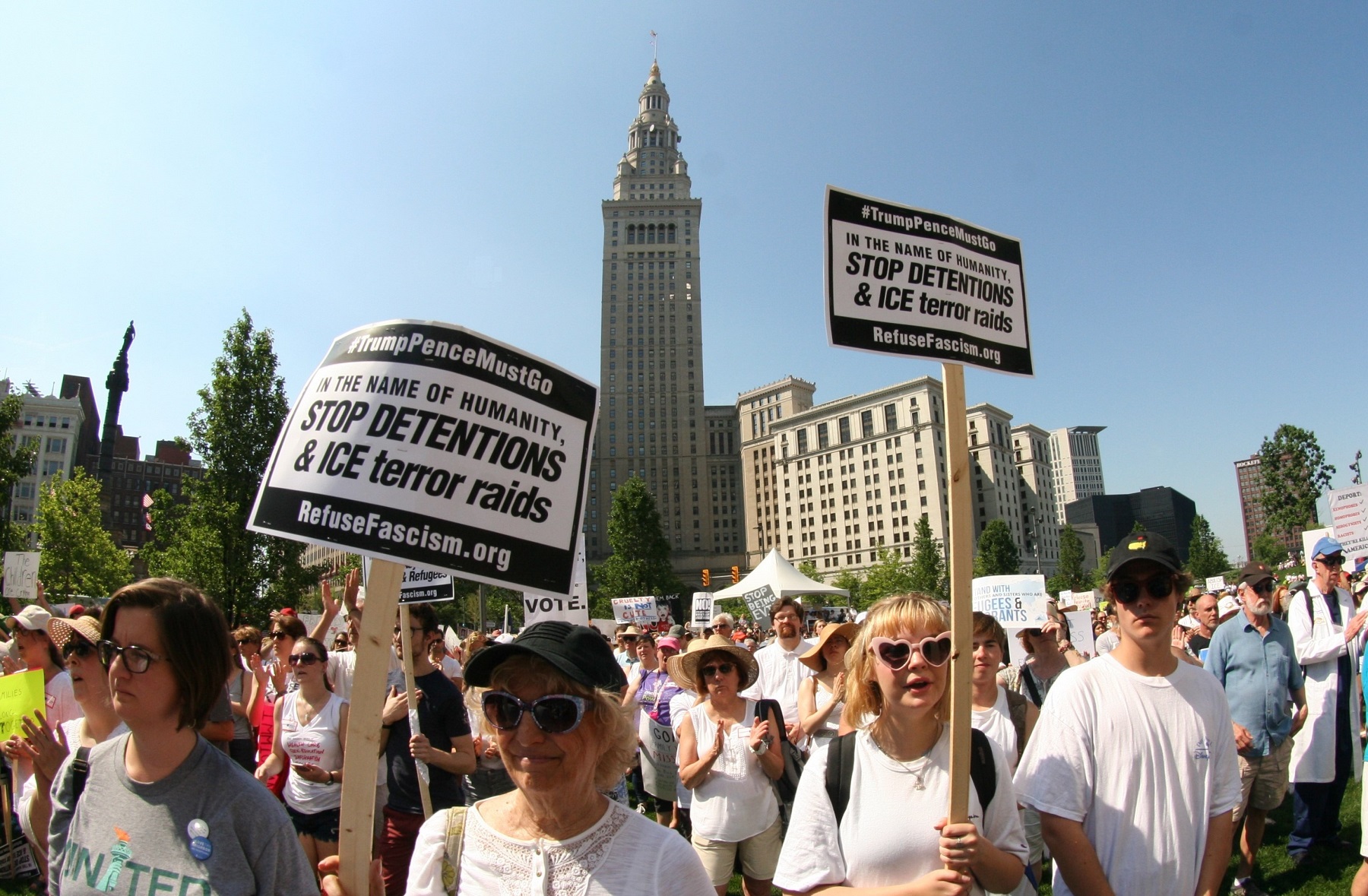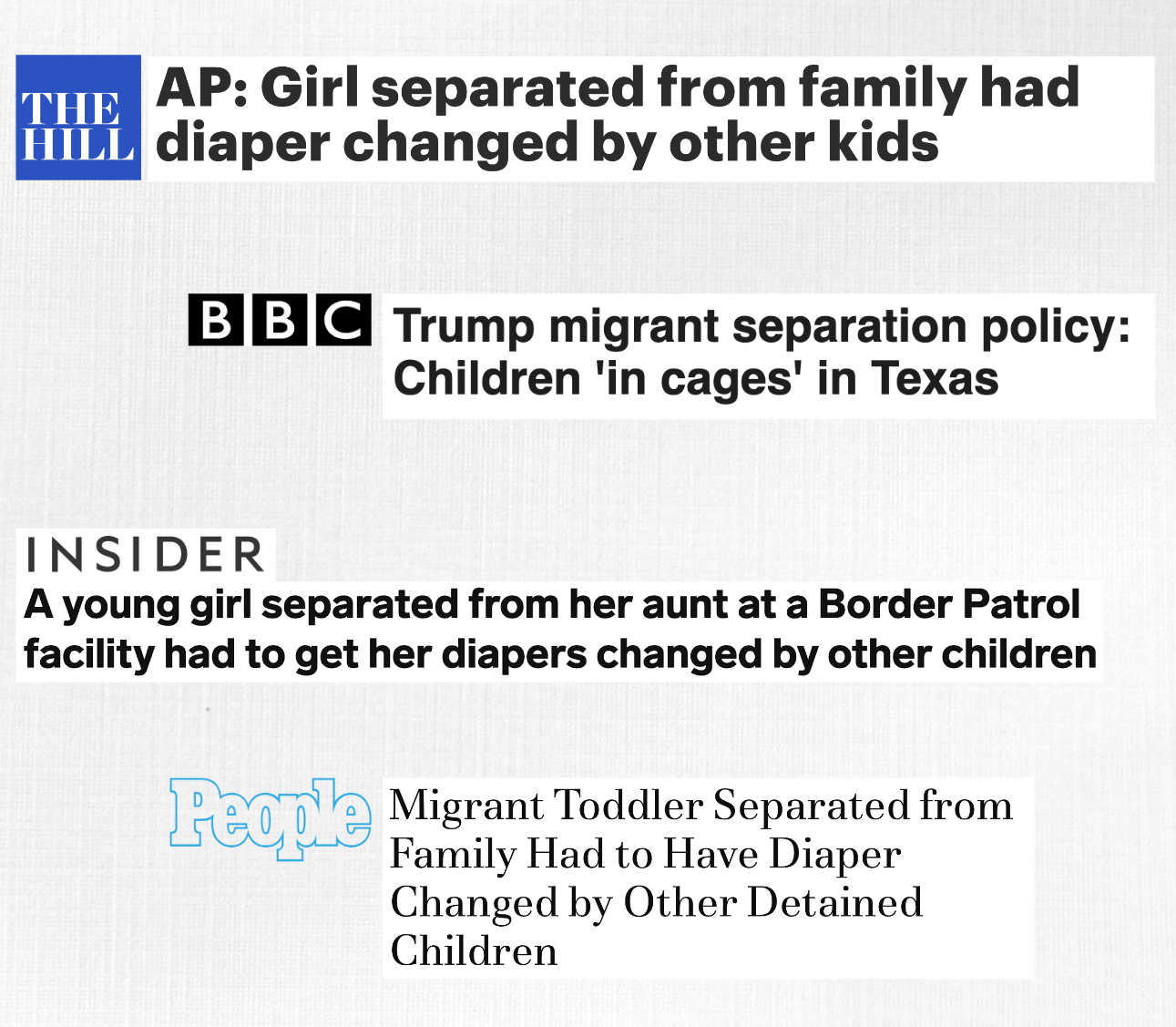Media Relations
Case Study
Women’s Refugee Commission
The Challenge
Like many nonprofits, the Women’s Refugee Commission’s Migrant Rights and Justice program normally labors on a niche issue without much recognition. But when the Trump Administration implemented its “zero tolerance” policy separating thousands of underage children from their parents, suddenly WRC’s issues were in the national spotlight.

The Approach
Charged with breaking through the media frenzy on family separation, the New Heights team quickly surveyed the existing landscape and developed a comprehensive communications and outreach plan designed to raise WRC’s external profile, make best use of experts, build media relationships and more. In short, New Heights championed a plan for communications that aligned with- and elevated- each of the organization’s overall goals to be a recognized expert and go-to resource for the media on family separation.
We served as the organization’s in-house communications team, identifying press opportunities, handling media requests, providing a daily media monitoring service, and drafting communications materials. Within the span of a few days, we managed more than 100 media requests from around the world. As a result, WRC’s experts were featured multiple times by high-profile outlets including CNN, MSNBC, and NPR.
But our best moment was yet to come
The Result
When Migrant Rights and Justice (MRJ) program director Michelle Brané returned from a traumatic several-day trip on the border, she wanted to share what she’d learned with the media. It was a Saturday, so New Heights placed the interview with a key Associated Press reporter, then used the piece to generate numerous broadcast interviews. The resulting story, featuring the haunting tale of a detained teenager teaching her fellow cell-mates how to change the diaper of the toddler in their cage, reverberated around the nation for days. Trump announced his back-tracking on the family separation policy 48 hours after the piece’s publication.
With New Heights’ guidance, messaging and communications know-how, WRC not only became a media resource on family separation, they played a decisive role in the policy’s ultimate reversal.

